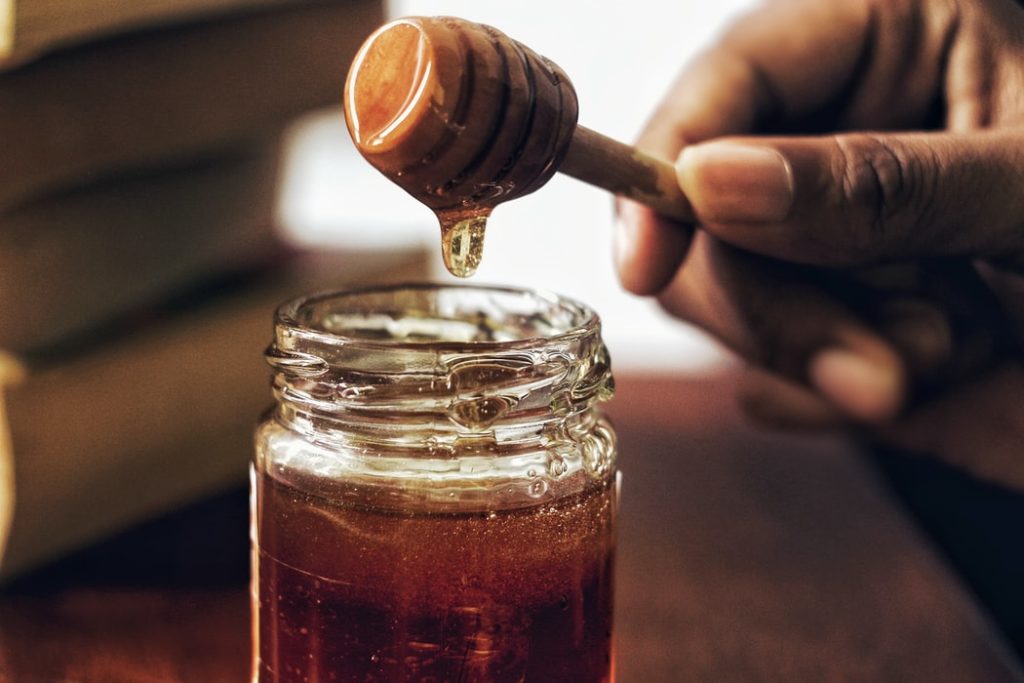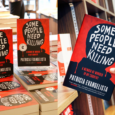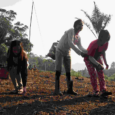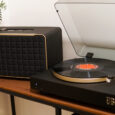Buying honey? You should be cautious about what honey you get because it might not be real honey that you are getting.
A study done by the Department of Science and Technology’s Philippine Nuclear Research Institute (PNRI) has found that at least 3 of 4 honey brands sold in the Philippines are not pure or are entirely fake.
This was found through nuclear-based tests that showed honey products containing syrups made from sugar cane and corn. This fraudulent practice allows manufacturers to increase the volume of their products while reducing production costs.
“62 out of the 76 (82%) of honey brands that were found to be adulterated were composed of 95% C4 sugar syrup. So, they are not actually adulterated but they are just completely purely sugar syrup,” said DOST-PNRI Dr. Angel T. Bautista VII.
Dr. Bautista explained the extent of impure honey proliferated the Philippine market. According to him, 12 out of 16 or 75% of local honey brands sold either in groceries or souvenir shops are not entirely honey. In addition, a staggering 87% or 64 out of 74 local honey products sold online are impure. Lastly, from 41 imported honey products marketed in local stores, none of them were found to be adulterated.
“The problem is that people are being tricked,” Dr. Bautista remarked. “You may be buying honey for its wonderful health benefits, but because of adulteration, you may actually just be buying pure sugar syrup. Consuming too much pure sugar syrup can lead to harmful health effects,” he added.
Impure honey can seriously damage the local industry for it can pull down the price of honey. Fake honey can be sold as low as one-third of the original price of the authentic honey.
“Imagine, incomes that are supposed to be for our honest beekeepers and honey producers are being lost instead due to adulteration and fraud. This is affecting our local honey industry so badly that we estimate that they are losing PhP200 million per year,” Dr. Bautista lamented.
According to the Philippine National Standard for Honey of the Bureau of Agriculture and Fisheries Standards, honey sold in the market must not have any food additives and other substances. If so, any substance added to the mixture must be declared in the labeling. Moreover, the geographical location where the honey was sourced should be written in labels.
The DOST-PNRI research team was composed of Bautista, Marco Lao and Norman Mendoza, all from PNRI, and Cleofas Cervancia, professor emeritus at the University of the Philippines Los Baños and recognized as the “Filipino Bee Scientist.”
Anything to add to this story? Share your thoughts with us.
Do you have a story for the WhenInManila.com Team? Email us at story.wheninmanila@gmail.com or send us a direct message at WhenInManila.com Facebook Page. Join our Viber group to be updated with the latest news!





